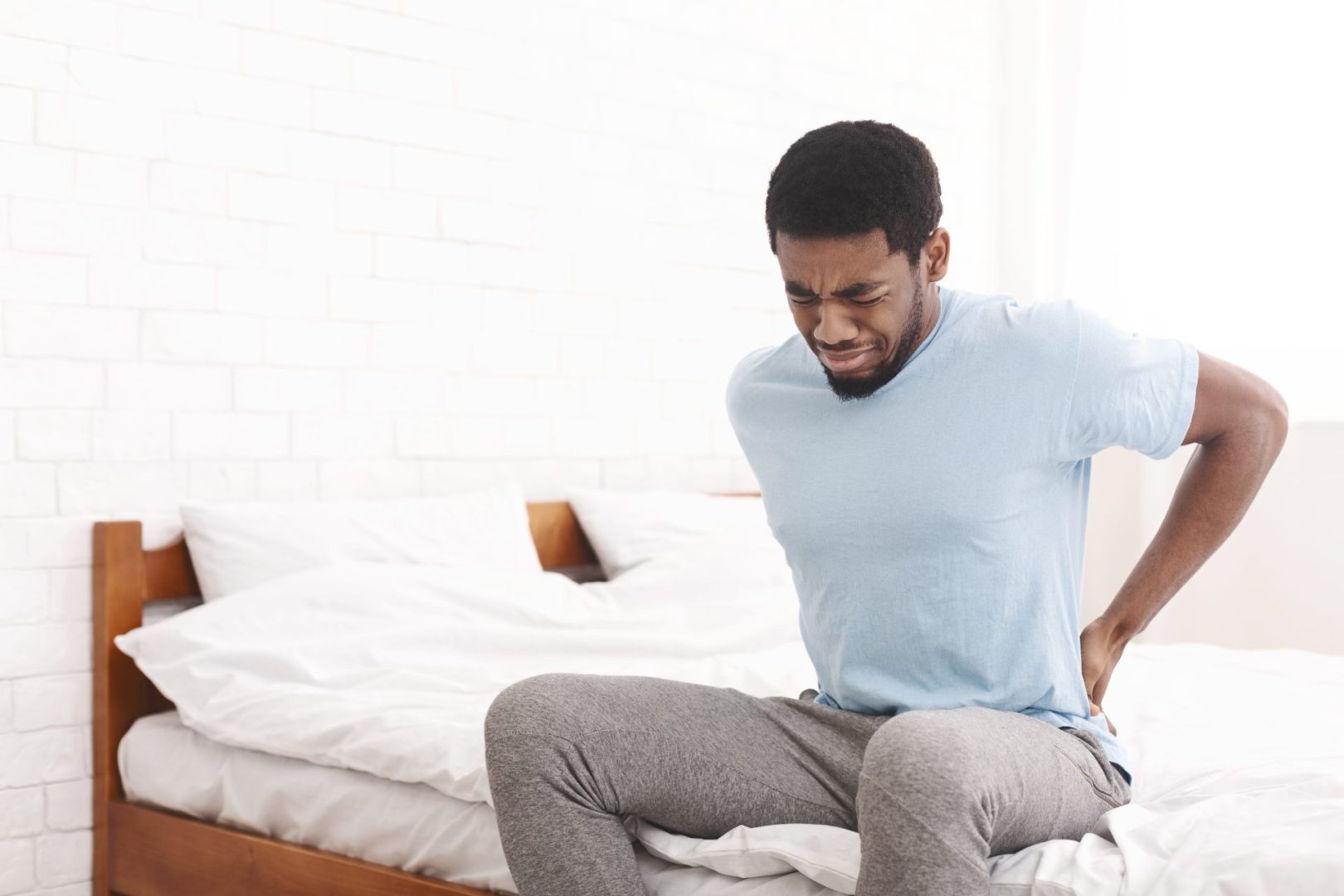When exhaustion strikes at day’s end, the temptation to collapse into bed without showering can feel overwhelming. Yet health experts increasingly warn that this seemingly harmless shortcut carries significant medical consequences that extend far beyond temporary discomfort.
The evening shower serves as more than a cleansing ritual—it functions as a critical health safeguard that removes the day’s accumulated threats before they can wreak havoc during vulnerable sleep hours. Recent medical research reveals that environmental exposures collected throughout daily activities create serious health risks when allowed to fester overnight against the skin.
Primary health threats from poor evening hygiene
Severe skin infections represent the most immediate danger when daily contaminants remain trapped against the skin overnight. The warm, moisture-rich environment beneath bedding creates optimal breeding conditions for harmful bacteria, frequently resulting in painful folliculitis and stubborn impetigo infections. These conditions often begin as minor irritations but can escalate into persistent medical issues requiring professional treatment and potentially leaving lasting skin damage.
Aggressive acne breakouts develop when oil, environmental debris, and shed skin cells accumulate in facial pores throughout the night. The skin’s natural overnight renewal process becomes severely compromised when these materials create blockages, leading to inflammatory responses that manifest as persistent, difficult-to-treat acne formations. This cycle becomes increasingly problematic as blocked pores create deeper, more painful lesions over time.
Respiratory system complications emerge when individuals sleep in close proximity to pollutant-laden skin and hair. Urban smog, industrial particles, pollen, and chemical residues collected during daily activities become airborne irritants in the bedroom environment. This concentrated exposure during extended sleep periods can trigger asthma attacks, allergic responses, and chronic breathing difficulties that worsen with continued exposure.
Persistent fungal infections flourish in the warm, damp conditions created by unwashed skin meeting fabric surfaces. These infections particularly affect areas where sweat accumulates throughout the day, including feet, groin regions, and skin folds. Once established, fungal conditions like athlete’s foot require extensive treatment periods and frequently recur if hygiene practices remain inadequate.
Hidden immune system consequences
The body’s defense mechanisms face constant strain when forced to battle preventable bacterial and fungal growth on the skin’s surface. This ongoing immune challenge diverts resources from other essential functions, potentially weakening overall resistance to illness and infection. Medical professionals note that individuals who consistently skip evening showers often experience more frequent minor illnesses and slower recovery times.
Environmental allergens transferred from skin to bedding create additional immune system stress. Pollen, dust, and chemical irritants collected outdoors become concentrated in sleeping areas, creating prolonged exposure periods that can sensitize individuals to allergens they might otherwise tolerate. This process can lead to the development of new allergies or the worsening of existing sensitivities.
Long-term skin health deterioration
Chronic odor issues develop as bacterial populations on unwashed skin multiply and establish permanent colonies. This condition extends beyond social embarrassment, indicating fundamental disruption of the skin’s healthy microbiome balance. The resulting bacterial overgrowth can lead to persistent skin irritation, increased infection susceptibility, and odors that become increasingly resistant to standard cleaning methods.
Accelerated skin aging occurs when environmental pollutants remain in contact with facial skin throughout the night. Free radicals from urban air pollution, combined with accumulated oils and debris, create oxidative stress that breaks down collagen and elastin fibers. This process accelerates wrinkle formation, increases skin roughness, and contributes to premature aging that becomes particularly noticeable around the eyes and mouth.
Establishing protective evening routines
Medical experts emphasize that prevention requires consistent implementation of evening cleansing practices. The timing proves crucial, as removing environmental exposures before sleep prevents their absorption and concentration during vulnerable overnight hours.
Effective evening hygiene focuses on thorough cleansing of high-risk areas where bacteria typically accumulate. Priority regions include underarm areas, groin regions, feet (particularly between toes), facial and neck areas, and scalp regions where oil buildup occurs most rapidly.
Strategic implementation approaches include establishing consistent timing that integrates naturally with existing evening routines. Brief but thorough cleansing proves more effective than lengthy sessions, with focus placed on removing accumulated contaminants rather than extended relaxation.
Water temperature selection impacts both cleaning effectiveness and sleep quality preparation. Moderately warm water provides optimal cleansing without disrupting the body’s natural cooling process essential for healthy sleep initiation.
The cumulative health impact of consistently skipping evening showers extends far beyond immediate discomfort, potentially creating chronic conditions that require extensive medical intervention. Understanding these risks helps individuals prioritize this essential health practice despite busy schedules or fatigue, recognizing that several minutes of evening hygiene represent crucial investment in long-term wellness maintenance.















